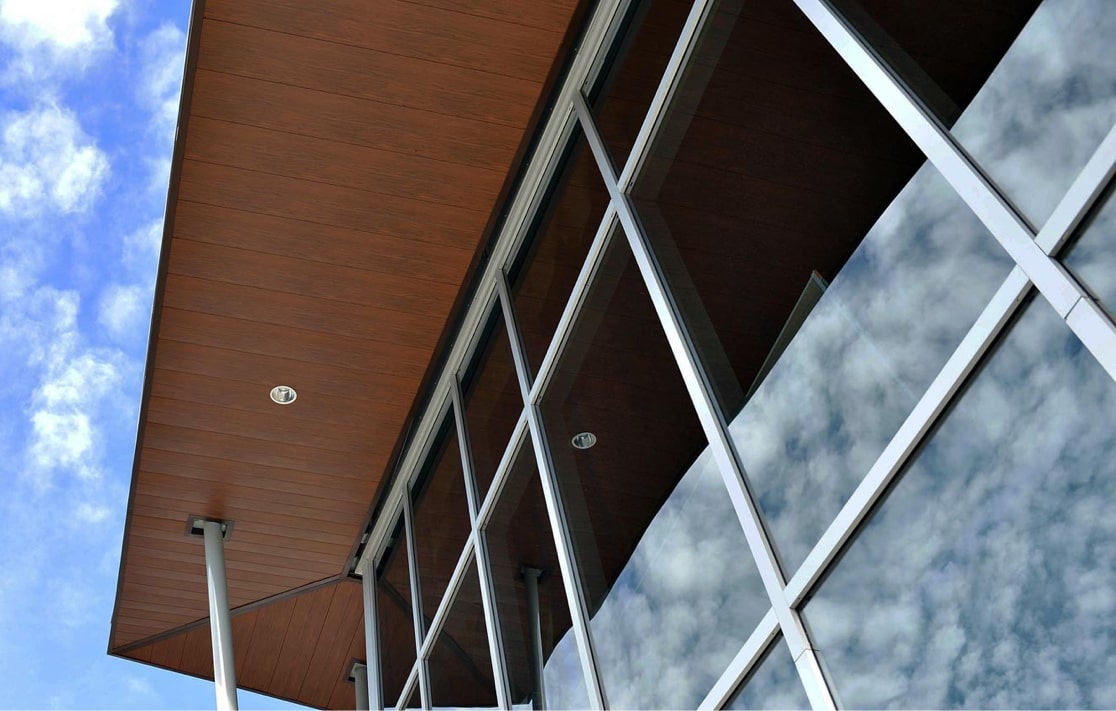Our impact
Social and environmental performance
We are committed to a more diverse and sustainable future. Decades of experience has taught us that a business is only as strong as its people, partners, customers, and the communities they belong to. For us, that means evaluating decisions we make today against our long standing values and the potential impacts our decisions may have on the future.
We believe it's important to hold ourselves accountable through measurement and reporting. The information in this dashboard is updated frequently, in some cases, monthly, and will continue to evolve along side our social and environmental practices. Scroll through to learn how we're building a better world, one step at a time.
Employees
After decades in this business, we know that empowered employees who work with purpose are the heart of this organization. Our culture starts with our people and the values we share - courageous, inclusive, collaborative, and innovative. No business is perfect. We're committed to doing the right thing and holding each other accountable if we miss a step.
Environment
We're determined to transform the construction supply chain to be more inclusive and sustainable. We're working to reduce and then eliminate our share of the 39 per cent of global carbon emissions attributed to the building sector.
Our sustainability journey started with waste diversion when LEED certification was first introduced to the market. We took those principles and built them into our processes, creating a legacy of responsible consumption that we continue to build on.
Communities
Creating a more inclusive supply chain - that's what we hope to do with our social procurement policy. Empowering people who may experience economic exclusion is more than just a decision we make and execute. It takes a collaborative and collective willpower across our company, industry, all levels of government, and many community partners.
We're working hard to uncovering the impact of organizations already active in our supply chain. But we also need to build capacity and attract new impact organizations into the construction industry.
Performance
Based on revenue alone, Chandos ranks among the top 40 contractors in Canada. We're the market leaders in integrated delivery methods. We advocate for early contractor engagement because, well, the data speaks for itself. When the contractor is engaged early, projects are completed with more efficiency and fewer cost overruns.
Governance
Every action we take as a business has the potential to create positive impact. To make a difference through our work, we start by creating the best environment to empower people across the company to make informed, accountable, fair, and transparent decisions.
With strong governance and management frameworks in place, Chandos is leading the way – and doing our part to build a better future.
